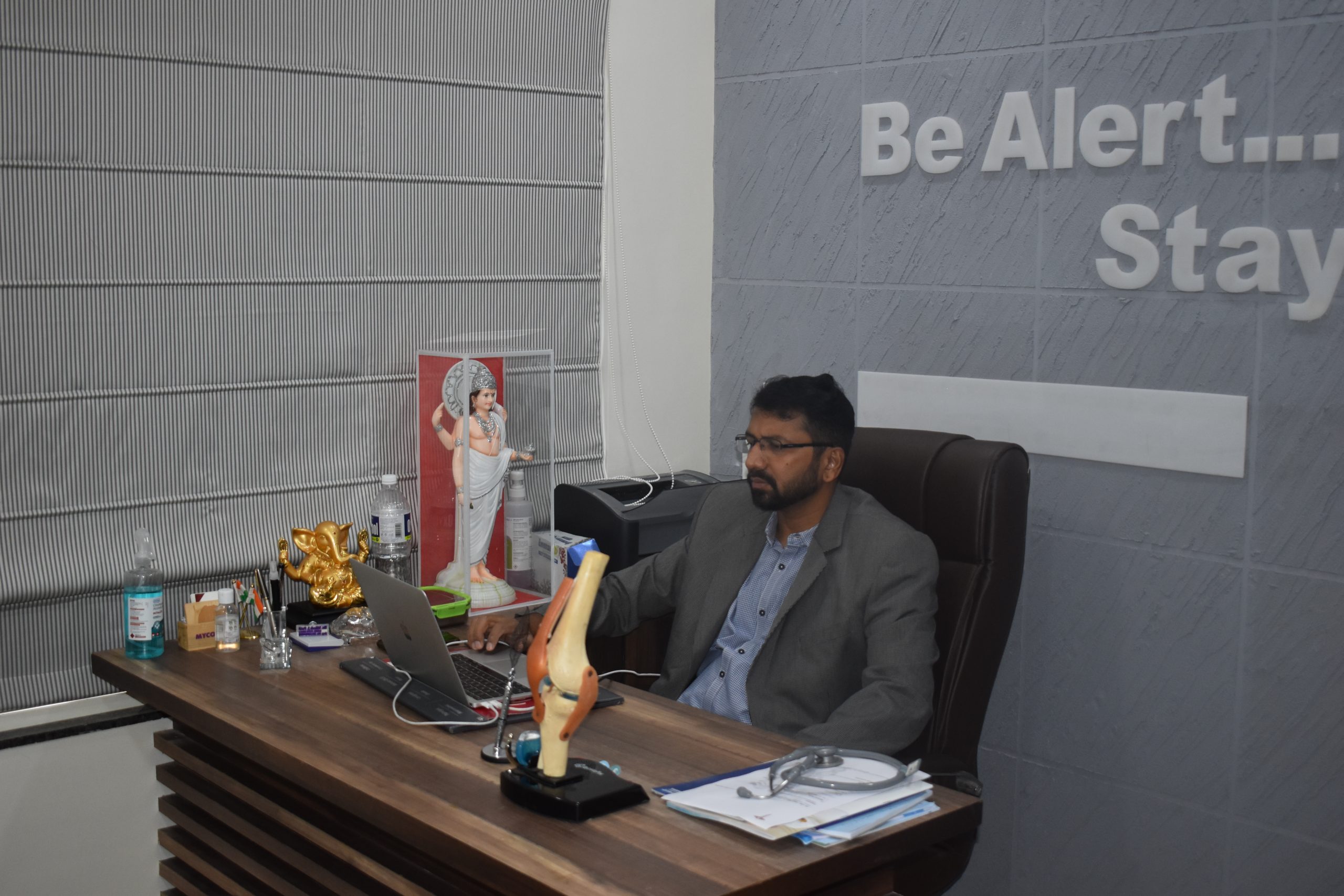Consultant Rheumatologist in Pune – Dr. Nilesh Patil
Rheumatology is the branch of general medicine disturbed with the development, diagnosis, and treatment of diseases that affect the joints, bones, muscles and connective tissue.Dr. Nilesh Patil is the best consultant Rheumatologist in Pune
We offer clinic with Consultant Rheumatologist, supported by our Diagnostic Service for x-ray, ultrasound and MRI scanning. You also have access to other specialists within the hospital including our Consultant Orthopaedic Surgeons, Physiotherapists, and Radiologists, to work with and refer to as appropriate. Whatever your joint or musculoskeletal conditions, we can care for you from diagnosis through to treatment and rehabilitation.Dr.Nilesh Patil is the Best Rheumatologist in Pune.
Consultation Tips
- A new patient will be given adequate doctors time.
- Bring your key medical information. Include any other medical conditions you have as well as information about any previous evaluations and treatments.
- Make a list of any medications, vitamins, herbs or other supplements you take.
- Include the doses and how often you take them.
- Our Best Rheumatologist in Pune will arrange for you to have tests to find out more about your condition. These may include blood tests and x-rays.
- If there are complex results from these tests your rheumatologist may discuss them with specialist colleagues.
- Your Rheumatologist will recommend treatment programmes. This may include drug treatments, which they may help monitor or carry out.
- Take an updated list of your medications and allergies -It’s always a good idea to have a written updated list of all your medications and allergies. Produce sure you bring this along to your first consultation. Do not think that your PCP’s updated medication list is up-to-date. Several people see more than one doctor and they’re all making changes independently.
- Expect questions your doctor may ask- Rheumatologists certainly have access to highly specialized blood tests and imaging, but the medical history is by far the most important part of the consultation. Previous to your visit, try to expect some questions your doctor may ask and then write them down. Now are a few that may help you get started.
- Enthusiastically listen and participate -You may feel overwhelmed when your doctor is giving you a new diagnosis, let alone giving you a complex set of recommendations. You’re not alone. A revise looked at how much information (when prescribing a new medication) patients retained after their doctor’s appointment. They establish that only 64% of people were able to recall all the information that they discussed during the visit. Not bad, but not great.
- Being ready for your appointment, active listening, and asking questions to understand your symptoms are central to not only making the most of your rheumatology consultation but also, becoming an empowered patient.

